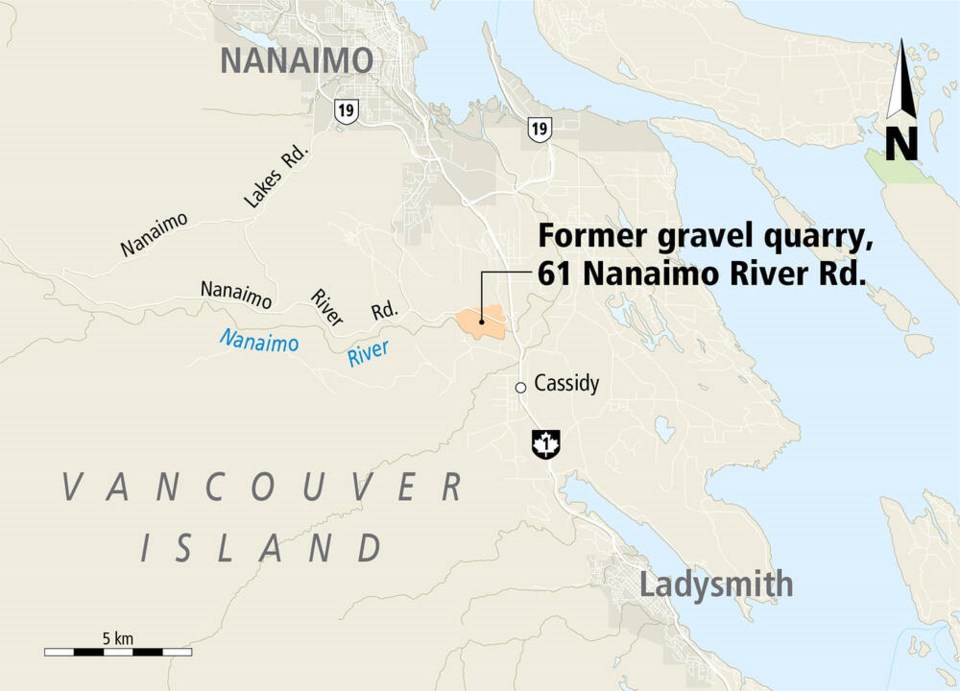The Capital Regional District says it could be just days away from once again sending the end products of sewage treatment to a cement kiln in Richmond and an old quarry near Nanaimo, so they no longer have to be dumped at Hartland Landfill.
Glenn Harris, the CRD’s senior manager of environmental protection, said Tuesday that LaFarge sa国际传媒 Inc. has indicated it might be ready to resume taking biosolids as fuel for its cement manufacturing facility in Richmond in a week to 10 days. “It’s all coming together very quickly.”
The LaFarge facility was intended to be the main recipient of the region’s biosolids, crumbly pellets left after sewage treatment.
But the plant has been down this year and most of 2022, putting a temporary halt to its need to burn biosolids and leaving the CRD without any place to take them.
As a result, it has been sending most of its biosolids to the landfill, contrary to provincial rules requiring them to have a beneficial use.
In 2022, the CRD produced 3,173 tonnes of biosolids, of which just under 595 tonnes were used as a growing medium and 2,108 tonnes went into the landfill.
The CRD has also found another LaFarge operation willing to take them.
LaFarge has a former gravel quarry located on hundreds of acres near Cassidy, south of Nanaimo. The CRD has agreed to supply a minimum of 300 tonnes of biosolids per year to mix with other materials to create new topsoil for plants to assist in the site’s reclamation.
The CRD would send one dump truck full every two days to the LaFarge site in Cassidy, which has the approvals it needs to accept the biosolids, Harris said.
Even if the Richmond cement plant reopens, the CRD wants to send biosolids to Cassidy, he said. “It’s best to have a few options.”
The biosolids will be more than 200 metres from the Nanaimo River, Harris said, and province will have oversight over the reclamation.
No limit has been placed on the quantity of biosolids the Cassidy quarry would take, said Harris, adding the CRD is awaiting feedback from the Regional District of Nanaimo on the plan.
So far, the idea isn’t sitting well with Nanaimo regional directors, who voted unanimously May 23 to send a letter to the CRD questioning the “equity in approving the land application of CRD biosolids within the RDN when the same biosolids are prohibited from land applications within the CRD.”
“I do take umbrage that we have a community that has deemed a product unacceptable to use within their own community and yet they feel it appropriate to put it into their neighbour’s community,” said Nanaimo regional district director Jessica Stanley.
Although the CRD said in the past it would not put biosolids on land, in February, the CRD amended its policy to allow biosolids on non-agricultural lands. Staff were directed to look for opportunities for beneficial use of biosolids when the cement kiln is unable to accept them.
>>> To comment on this article, write a letter to the editor: [email protected]



